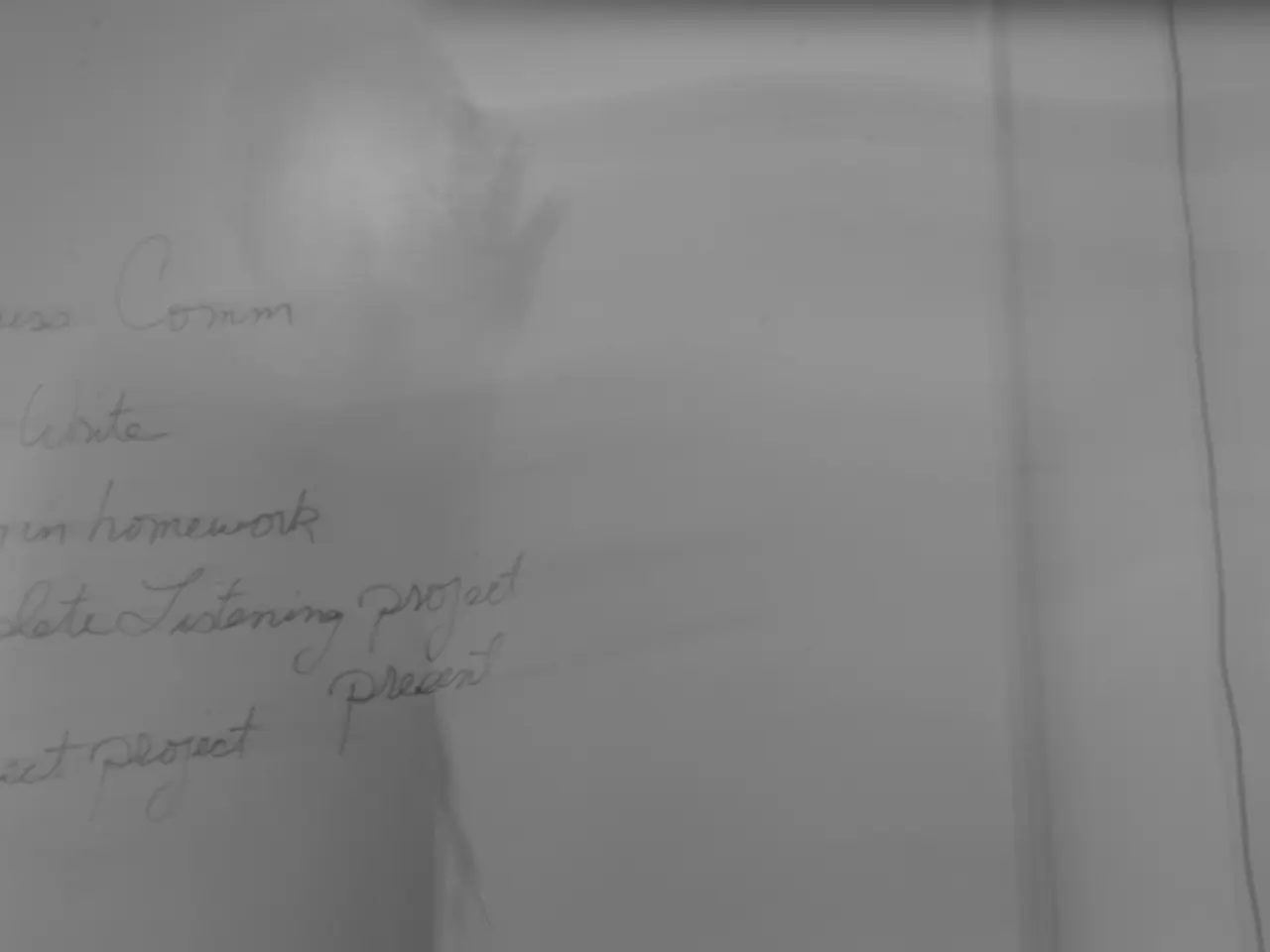Federal legislation advocated by the Republican party mandates that states assume financial responsibility for food stamp program errors, potentially entailing considerable expenses.
The One Big Beautiful Bill Act (OBBBA), a piece of legislation passed by the GOP Congress last week, has sparked heated debates, particularly from the left. The bill, aimed at helping middle-class taxpayers, includes tax cuts and reforms to social programs like the Supplemental Nutrition Assistance Program (SNAP).
The OBBBA introduces significant changes to the SNAP program, with a focus on reducing overpayments and shifting costs to states. One key reform involves states with high error rates in SNAP disbursements (above 6%) contributing between 5% and 15% of benefit costs from 2028 onwards. This move aims to ensure states manage their programs more efficiently, thereby reducing federal costs.
However, recent data shows that nearly all states would face payments a few years from now based on error rates in 2024. The five states with the highest payment error rates were Alaska (24.66%), the District of Columbia (17.36%), Georgia (15.65%), Florida (15.13%), and New Mexico (14.61%), while the only states below the 6% threshold were South Dakota, Idaho, Wisconsin, Wyoming, Vermont, Nebraska, Utah, Nevada, and the U.S. Virgin Islands.
Critics argue that these reforms could strain state budgets, potentially leading to increased taxes or reallocation of funds. Local food banks and advocacy groups warn that these changes could leave more families without sufficient food assistance, increasing reliance on community organizations.
In addition to SNAP reforms, the OBBBA includes tax relief measures for middle-class taxpayers. The bill makes the post-2017 individual tax brackets permanent, including the 37% top rate, providing more stable tax environments for working-class families. The argument over whether economic growth will offset added federal debt remains a point of contention.
While the OBBBA's primary focus is not directly on SNAP benefits for middle-class taxpayers, its overall strategy aims to benefit them indirectly by reducing federal costs and shifting responsibilities to states. However, critics argue that these changes could have negative impacts on vulnerable populations and the national debt.
The OBBBA's reforms to the SNAP program are expected to give states a financial incentive to improve oversight and prevent improper payments. The new rules aim to combat fraud and reduce overpayments, but the long-term effects on states' budgets and the food security of vulnerable populations remain to be seen.
The OBBBA's SNAP program reforms, involving states with high error rates contributing to benefit costs from 2028, could potentially cause financial strain for some states, as evidenced by the high error rates in nearly all states, particularly Alaska, the District of Columbia, Georgia, Florida, and New Mexico. Concurrently, the OBBBA contains tax relief measures for middle-class taxpayers, such as making the post-2017 individual tax brackets permanent, offering a more stable tax environment for working-class families, yet the debate persists over the economic growth versus added federal debt.




